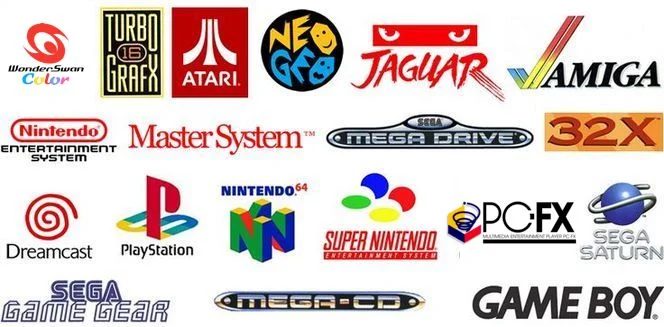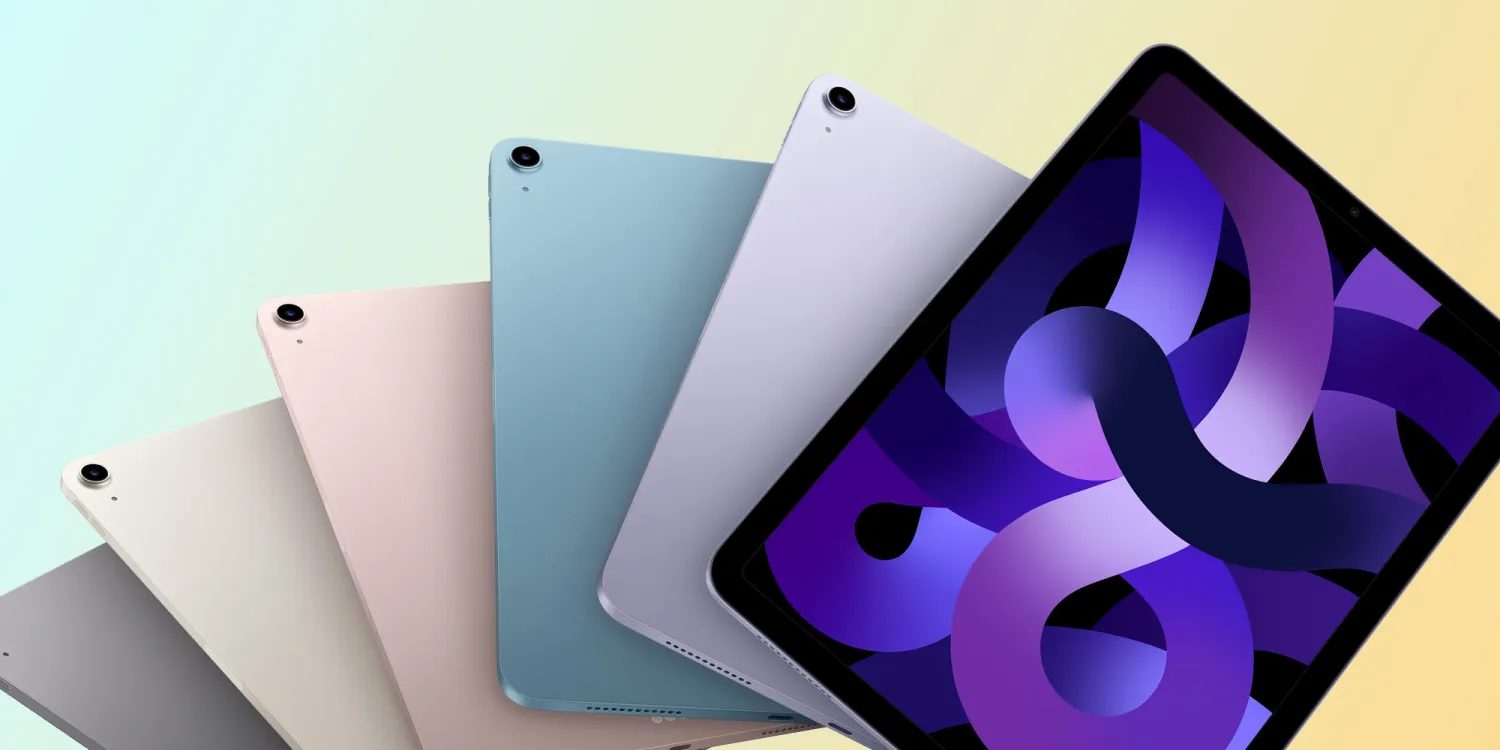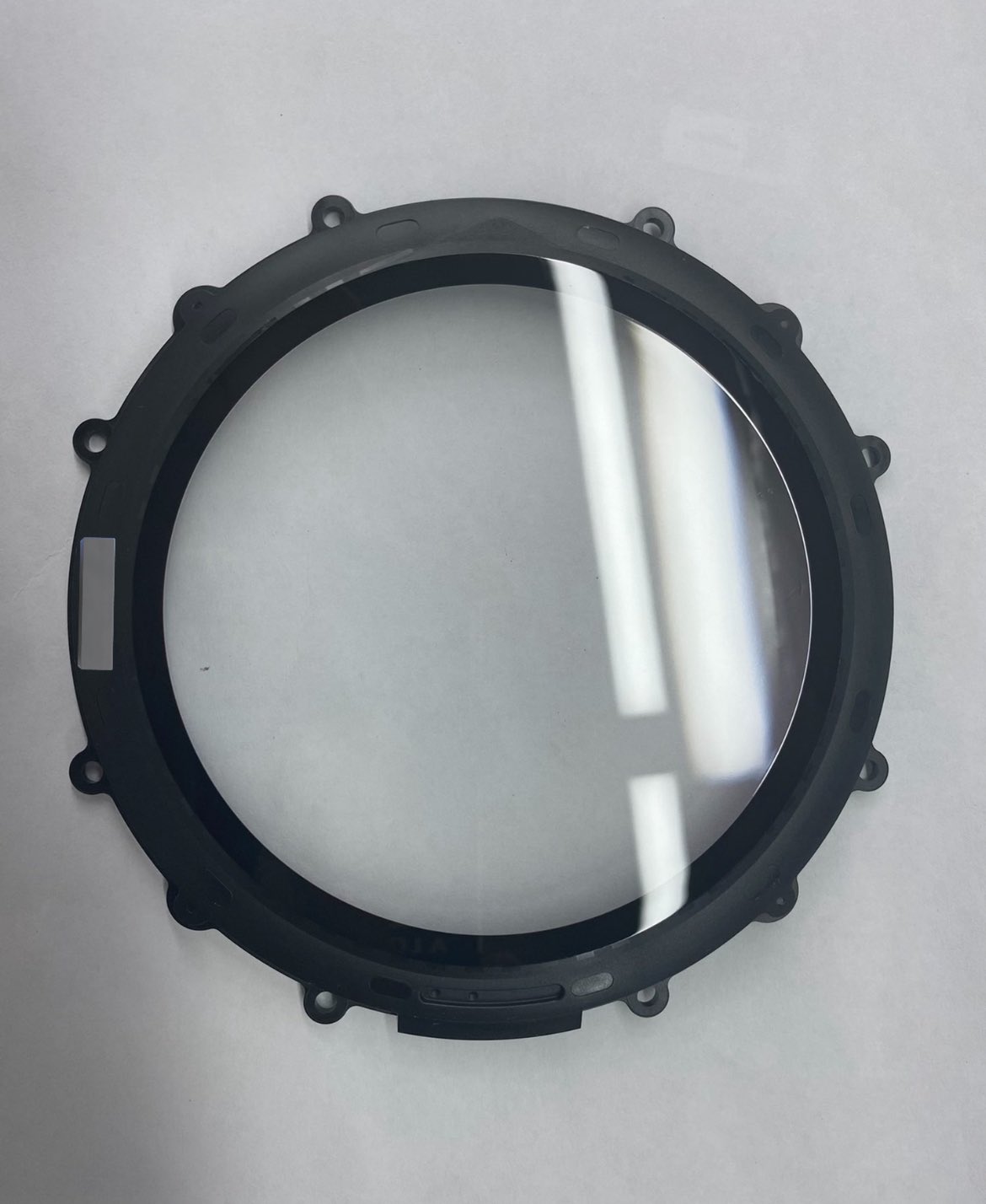
Bloomberg Goes Behind the Scenes of Apple vs. FBI
An earlier report from the Guardian uncovered that Apple’s legal battle against the FBI didn’t start last month with Syed Farook’s seized iPhone 5c, but much earlier. In an extensive report posted today by Bloomberg, the news outlet sheds light on more interesting tidbits of the story: The Obama administration’s officials and Apple share some common ground on encryption. But then the San Bernardino shooting happened, and changed everything.

The story is based on interviews with more than a dozen government officials, tech executives, and attorneys tracking the case, and tries to put together the timeline of the 18-month period between the release of iOS 8 and the San Bernardino shooting.
“The reason the relationship went south is the government was expecting some degree of accommodation on the part of the technology companies,” said Timothy Edgar, the former director of privacy and civil liberties for the White House National Security Staff from 2009 to 2010. “They were expecting the companies to essentially back down and not go forward with new security measures that would make it impossible for you to access devices or communications. They were caught off guard by basically being told to get lost.”
Tim Cook has met at least 14 times with White House officials since 2010, including a meeting with President Obama in December 2014.
Within the Obama administration, Apple found some receptive to its arguments for strong encryption. “As a general matter, they laid out a reasonable basis for what they were doing,” said James Cole, who served as deputy attorney general from 2011 to 2015 and was involved in discussions between Apple and the government. “In many respects, they had a legitimate interest for what they were trying to protect.”
Apple and administration officials have worked together and successfully lobbied against the Chinese government’s efforts to obtain an access key from smartphone company manufacturers to unlock the handset’s encryption.
The lobbying worked and China backed off. But Apple took away the wrong impression. The White House hadn’t reached any conclusion when it came to what encryption meant for the needs of U.S. law enforcement agencies, one former official said.
Many FBI agents became frustrated and disappointed when it became clear that the administration wouldn’t support a new law helping investigators to gain access to iPhones and other handsets, so FBI officials were determined to air a “deliberate and open understanding of the risks.”
Apple maintained its position and objected to providing data from an iPhone seized in a New York drug case. However, it did continue to work together with FBI agents when a warrant was presented by pulling data backed up to its iCloud service from the iPhone used by Farook and sending it to engineers to help the data recovery process. Apple drew the line, though, when the FBI wanted to override the encryption on the seized iPhone, claiming not to have a special key to unlock the device.
You may recall there was a meeting between Silicon Valley officials and members of the White House to find a solution to combating terrorism. Cook urged the administration to come out in favour of strong encryption and set an example for other countries.
While this was happening in private, on February 16, when a magistrate judge in Riverside, California, ordered Apple to help the FBI unlock the iPhone, Apple executives were shocked to find out that the agency had made the matter public. That prompted Tim Cook to publish a response on the website, and since then what was previously discussed behind closed doors has been in the public domain.
The fight shows no signs of ending soon. Obama, a former constitutional law professor, has come out in support of the FBI, calling Apple’s view “absolutist.” Meanwhile, technology companies including Apple are taking steps to make it even harder to penetrate digital communication. According to Edgar, the former White House official, there isn’t much common ground between those points of view.
“Lawyers think privacy is you can’t listen to my conversation without a warrant; technologists think privacy is you can’t listen to my conversation, period,” Edgar said. “It’s hard to reconcile those two points of view.”
To read the full report, click on this link.

